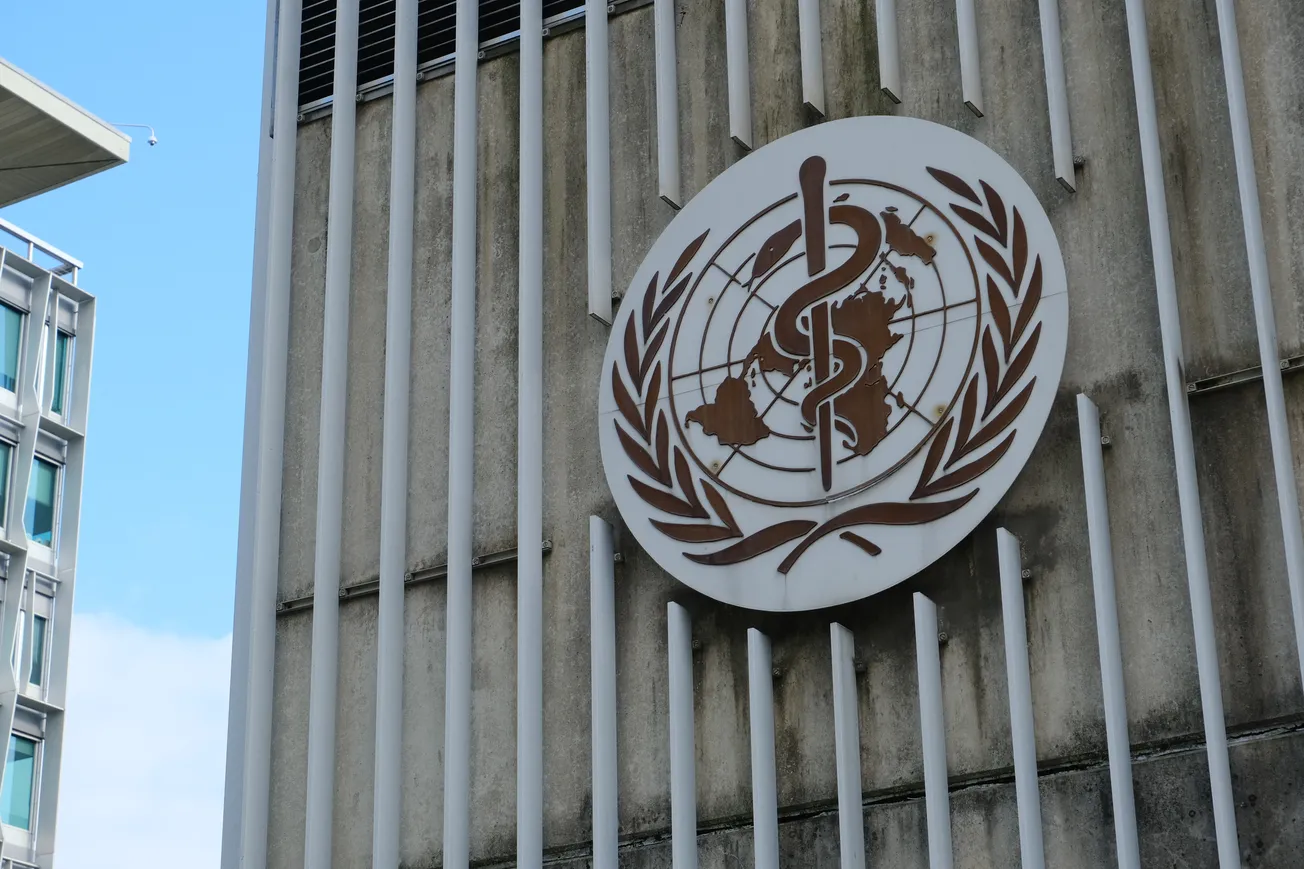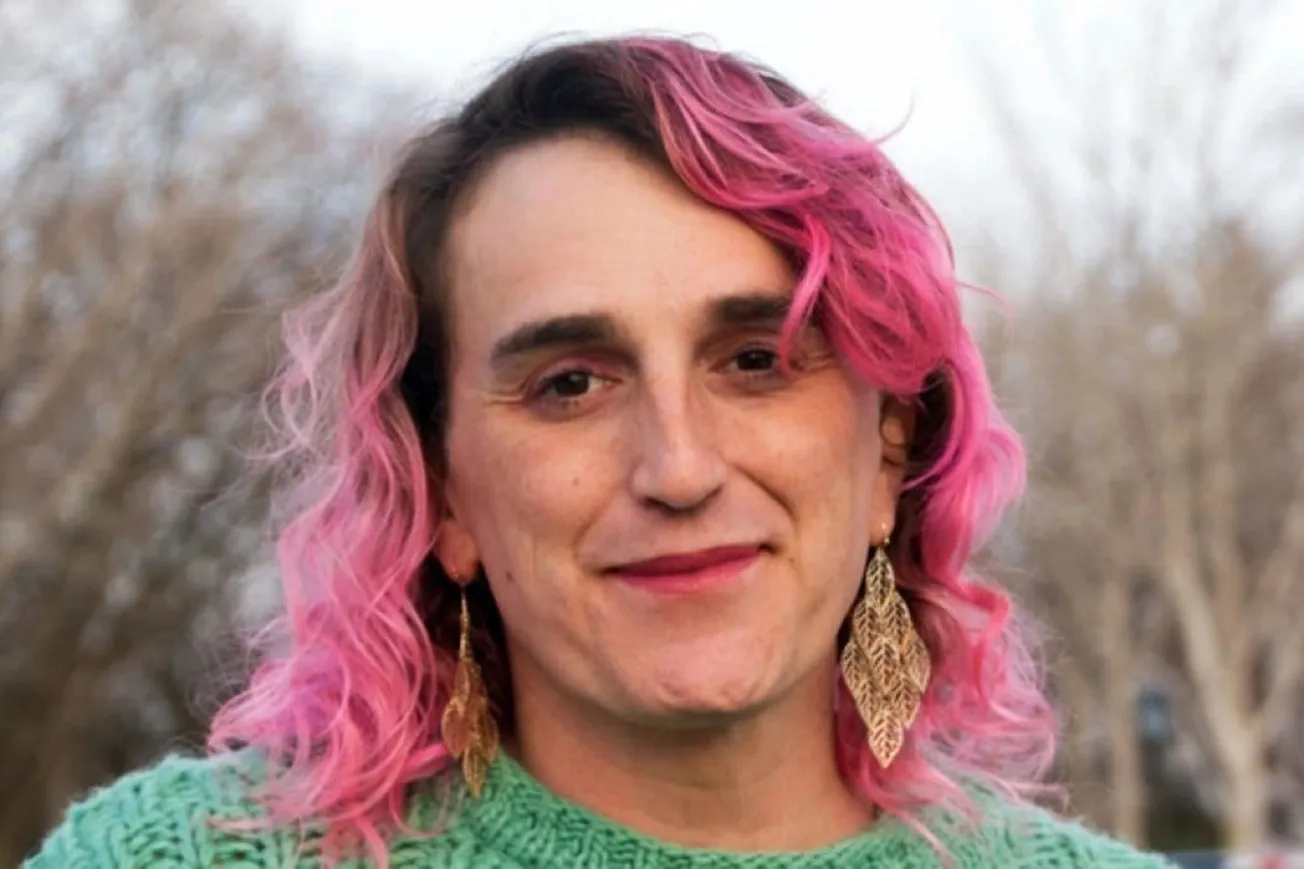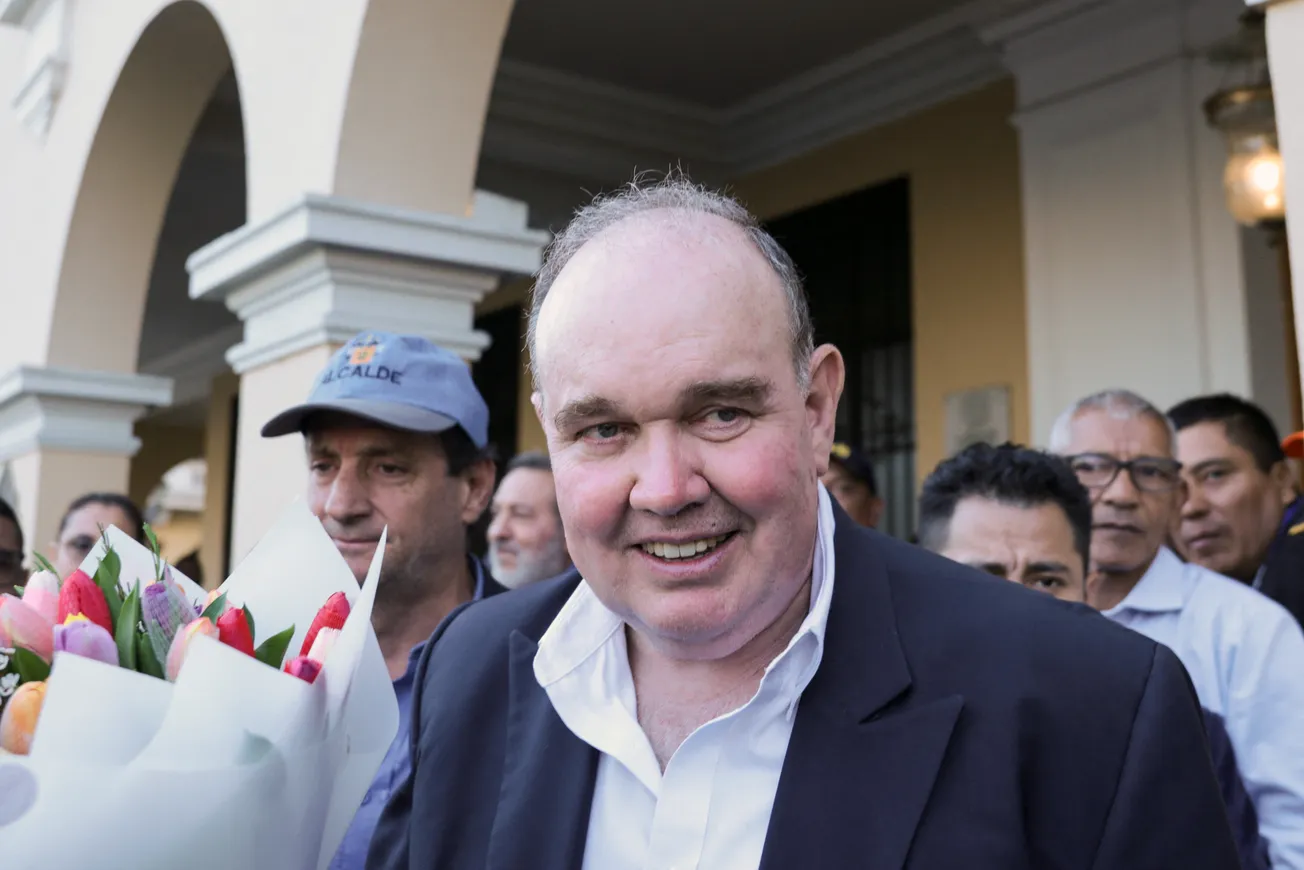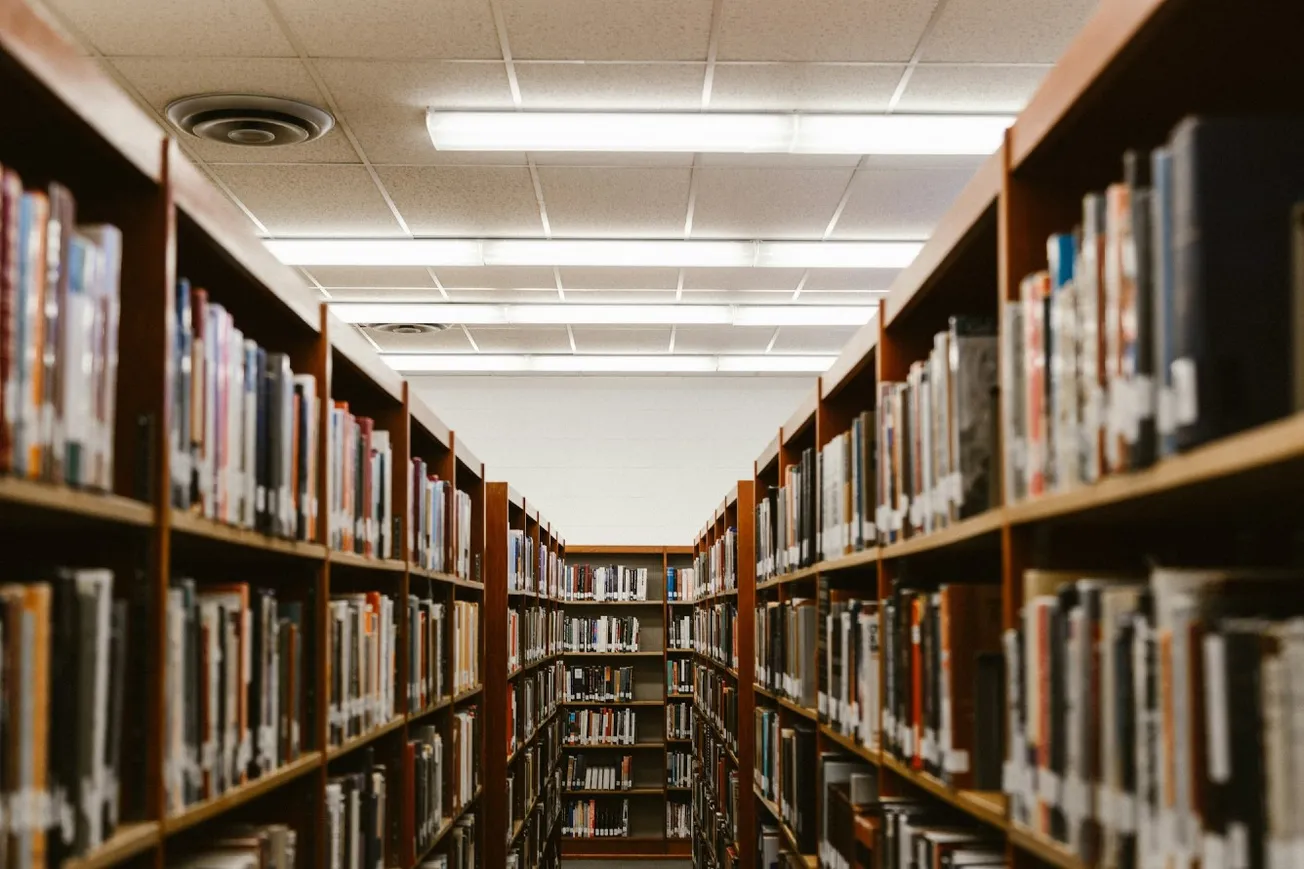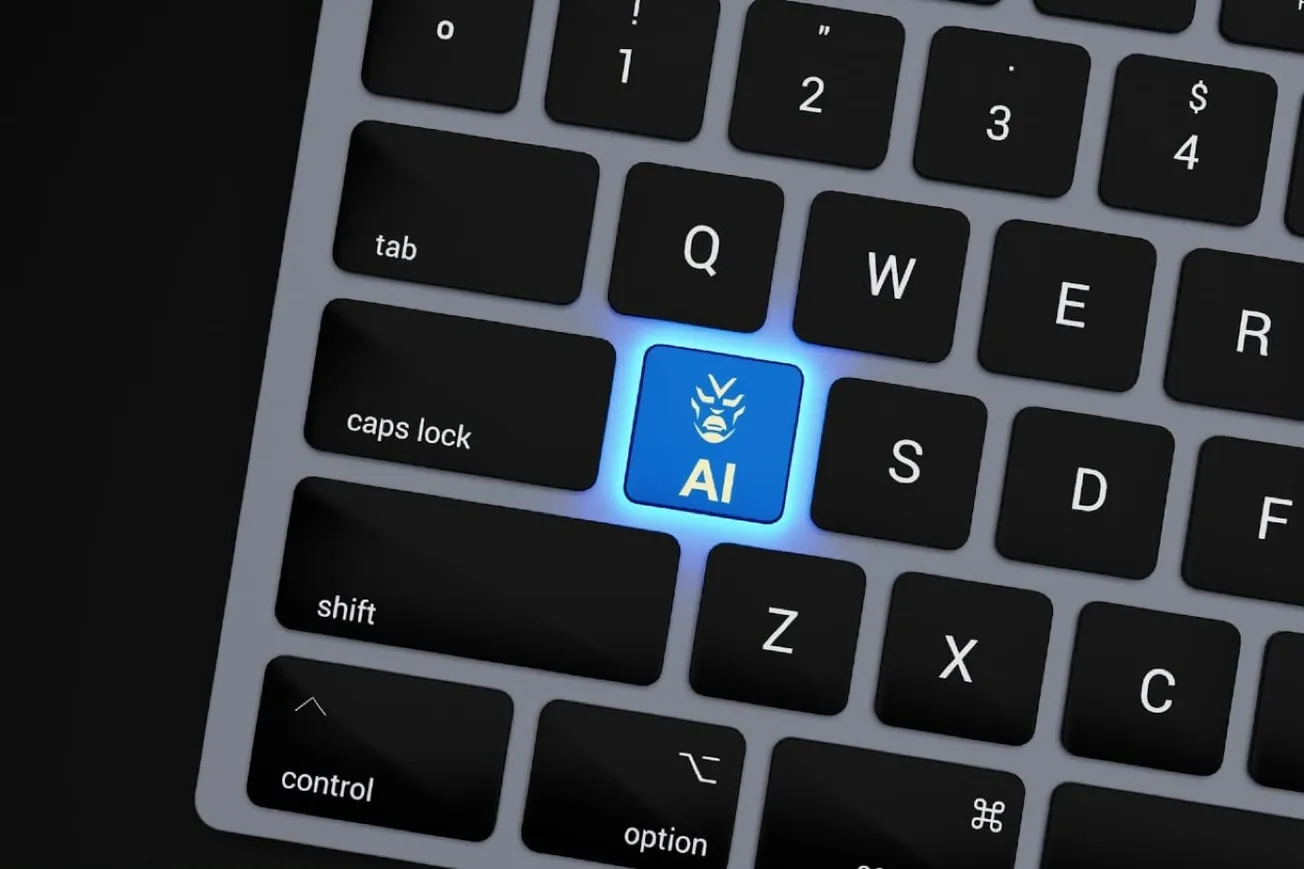By Gordon Brown - Project Syndicate | Feb 10, 2025
Despite beginning the process of withdrawing the United States from the World Health Organization, President Donald Trump has suggested that he could be convinced to reverse course. To that end, the WHO must demonstrate progress on ensuring fair burden-sharing, strengthening country offices, and avoiding mission creep.

